Debt vs. Investment: Learning to Use Business Debt Strategically
For small businesses, debt doesn’t have to be a burden. Learn how to use borrowing strategically, manage repayment costs, and make confident financial decisions with guidance from Numble’s accountants.




